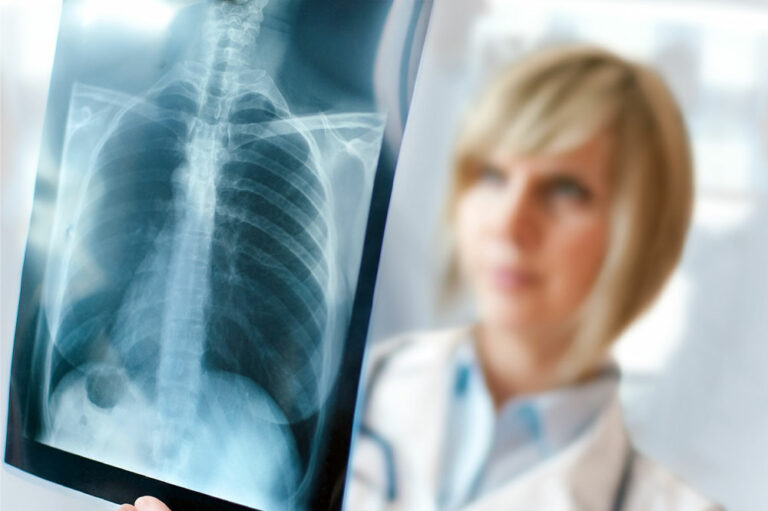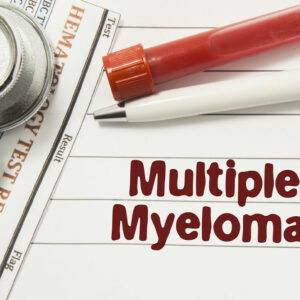
Important questions to ask an oncologist after diagnosis
Receiving a cancer diagnosis can be a worrisome premise for many. This life-altering condition can make people feel overwhelmed, causing them to shut themselves off from any new information. However, taking an active part in treatment planning can help one achieve better outcomes and reduce side effects. Doctors with special training in diagnosing and treating tumors and cancers are known as oncologists. Here are some questions to ask your oncologist about cancer: About the diagnosis It is important to understand what tests are being conducted to diagnose cancer and how you can prepare for them. Here are some questions to ask at your initial appointment: What diagnostic tests or procedures do I need? How often do they need to be conducted? How can I prepare for these tests? What will these tests tell us? When will I get my results, and how will I receive them? Will I need to repeat any tests if I seek a second opinion? About cancer Upon diagnosis, it’s important to completely understand the type and stage of cancer, as this will help determine your treatment plan. Here are some questions you must ask: What type of cancer do I have? Where is the cancer located?
Read More 











